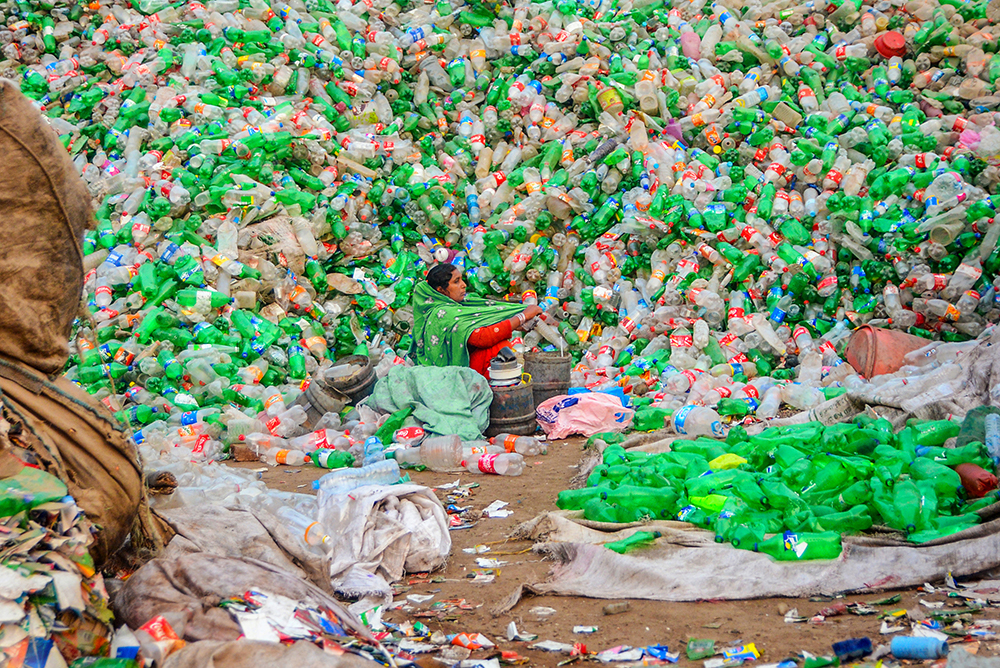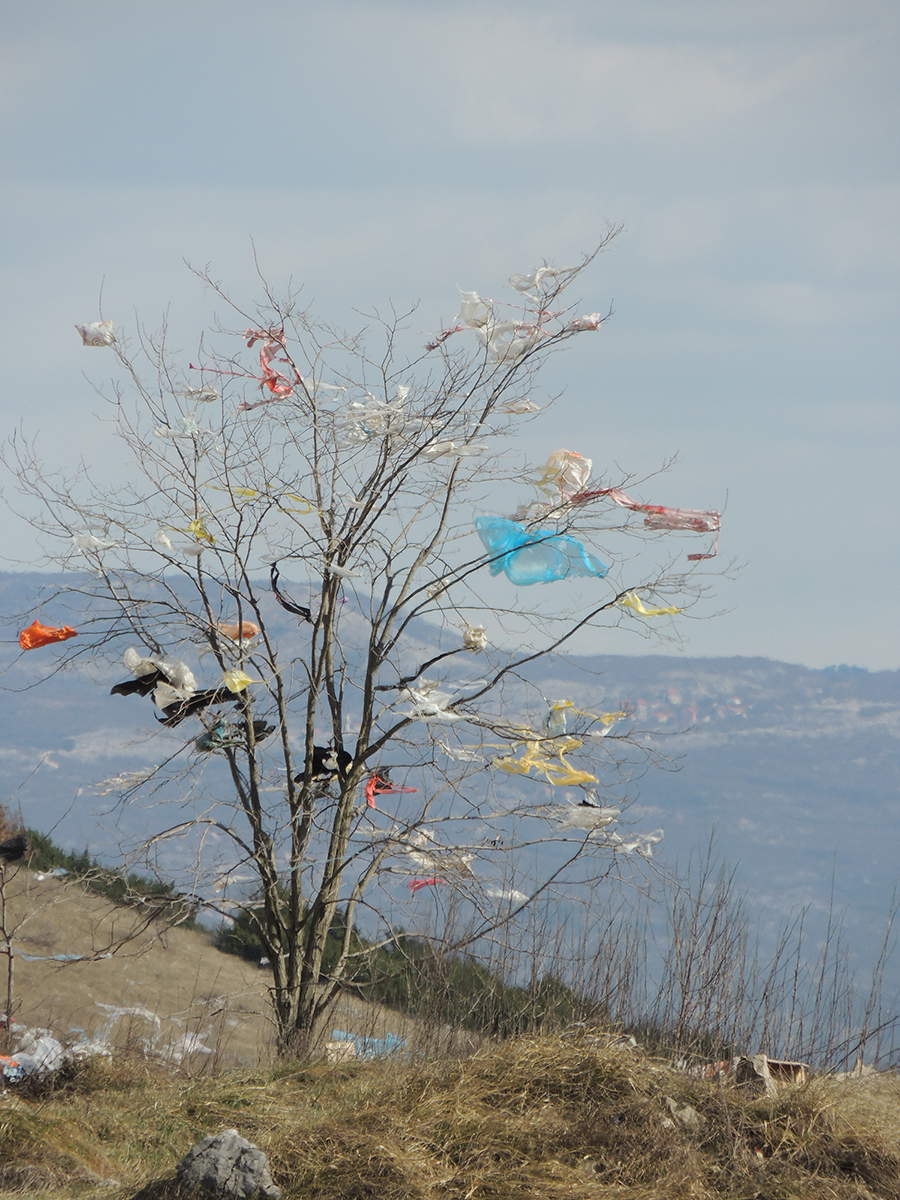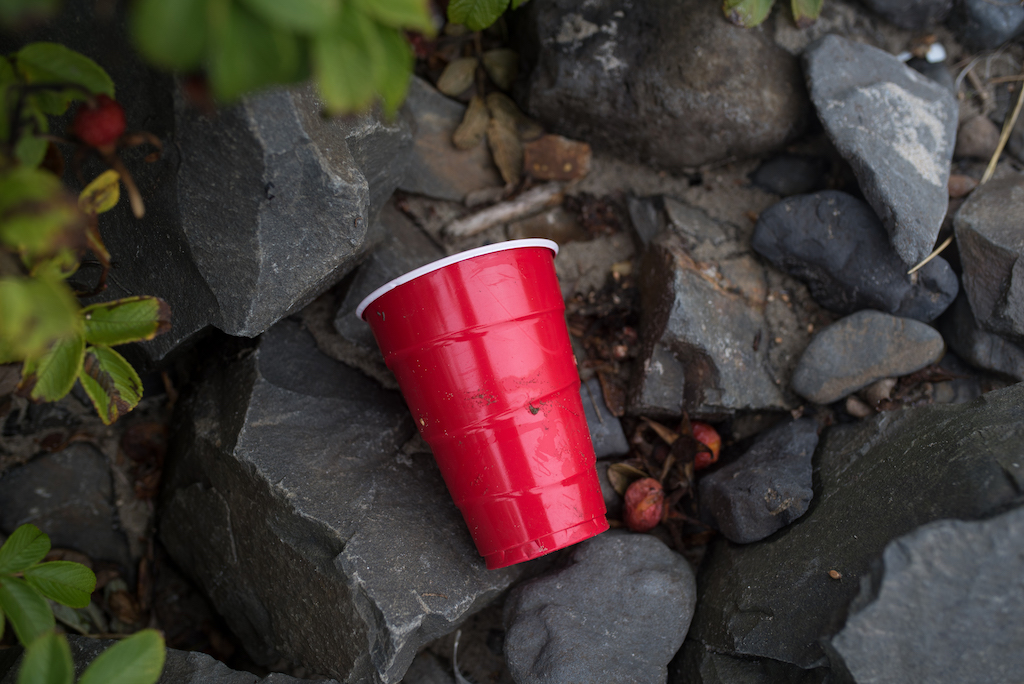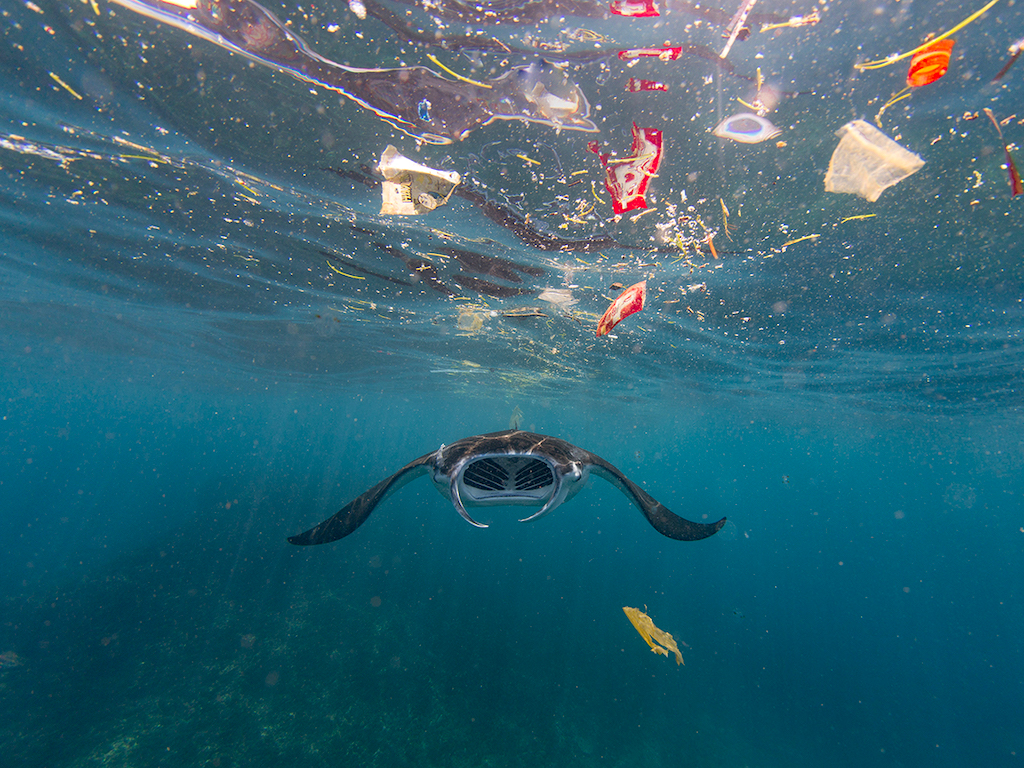4 Mins Read
A new United Nations photography exhibit has showcased the forever nature of plastic, amid staggering new scientific findings on the severity of the world’s waste crisis. While image after image of the exhibit confronts the visual reality of oceans and rivers inundated with litter, the latest Ocean Conservancy data reveals the numbers. According to the report, nearly 70% of all trash found across the world’s beaches is unrecyclable and is effectively forever trash on Earth.
Through the lens of a camera, photographers around the world have captured shocking images of the severity of the planet’s plastic waste crisis. These stark visuals are now being put on display by the UN in an online gallery to raise awareness about the destruction that forever plastics are having on the environment, from Mount Everest to the Mariana Trench.

UN Plastic Forever Exhibit
In one photo of the series, photographer Margarete Macoun from Germany captures the moment where a 129-year-old humanitarian vessel travels through the Java Sea littered with plastic waste to donate educational and medical supplies. Back when the donations were first made in 2004, the Java Sea did not resemble a “plastic patch”.
In another image, taken by Pakistan-based Sufyan Arshad, a woman is scavenging through a mountain of plastic trash. She is collecting plastic bottles, then separating them by type in order to fetch a few dollars from recycling facilities in Mandi Bahauddin Punjab.

Over in Croatia, Đurđica Milosavljević puts into film the sight of a lonely tree in the countryside near Split, with single-use plastic bags hanging off almost every branch and nook after a major storm.
The core message that the UN wants to send is a warning that while plastics have brought convenience to every corner of the world, it is leaving behind waste that will never go away. “Plastic waste can take anywhere from 20 to 500 years to decompose, and even then, it never fully disappears; it just gets smaller and smaller,” the introduction to the exhibit reads.

70% of coastal plastic waste is unrecyclable
Meanwhile, a new report released by Ocean Conservancy puts the forever nature of plastic waste into numerical terms. According to the new research, nearly 70% of the most commonly found items littered across beaches around the world are “effectively unrecyclable”.
The report draws on 35 years of data collected by the organisation’s International Coastal Cleanup (ICC), which also revealed that nearly half of all trash collected was food takeaway containers or drink-related items. It aligns with the findings of a recent study, which revealed that the four most widespread types of plastic littering the ocean were all food-related packaging.
Many of the items collected by ICC are deemed unrecyclable and left to destroy the environment and harm wildlife because they cannot be widely accepted or processed by curbside recyclers. These include products like plastic food wrappers and disposable bags, which can only be handled by specialty processors but are rarely done so in practice due to high costs.

Senior director of Ocean Conservancy’s Trash Free Seas program, Nick Mallos, says that the data shows the “dual challenge” when it comes to combating plastic pollution. “Inadequate waste management leads to trash in our environment, and reliance on single-use plastic items that can’t actually be recycled.”
Allison Schutes, director of the ICC, says that more must be done on the part of world governments and corporations to stop plastic from destroying the planet.
“Individuals can make an outsized impact by reducing their reliance on single-use plastic items, and reading up on local recycling rules; but ultimately, we need governments and corporations to step up to truly stem the tide.”
Lead image courtesy of Vincent Kneefel (The Netherlands) via UN Plastic is Forever Exhibit. Pictured: Manta ray plastic soup, Indonesia.




